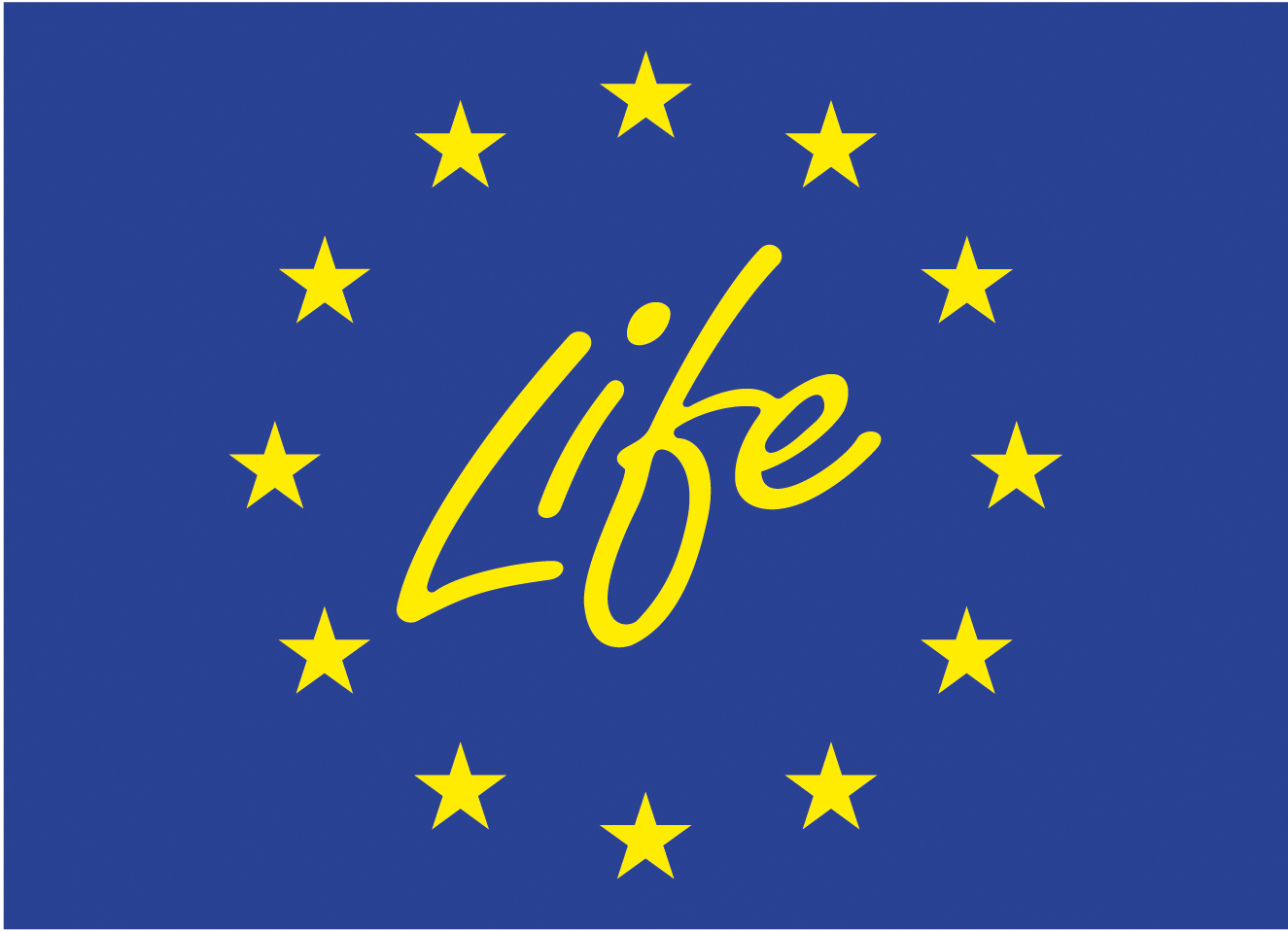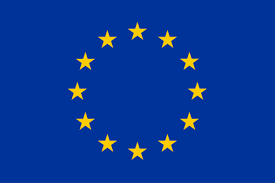Review of events
On 23 September, the European Parliament, Commission and Council of the European Union celebrated the launch of the new annual EU Organic Day. During the morning ceremony, the three EU institutions signed a joint declaration establishing 23 September as EU Organic Day in the presence of our President Jan Plagge, representatives from Copa Cogeca, Eurocommerce, CEJA, EuroCommerce and FoodDrinkEurope and the European Economic and Social Committee and the Committee of Regions.
In the coming years, 23 September will be the ideal opportunity to evaluate Europe’s progress towards achieving its goal of 25% organic land by 2030, trends in consumer demand, awareness of organic in the supply chain and the implementation of the EU Organic Action Plan.


Agriculture Commissioner stresses targets EU Farm to Fork & Biodiversity strategies
At a press conference following the signature ceremony, Janusz Wojciechowski, Commissioner for Agriculture and Rural Development, conveyed his happiness about establishing this day and emphasized the collective effort necessary to reach the objectives of the Farm to Fork and Biodiversity strategies. He said that EU Organic Day, instated on 23 September and the autumn equinox, reminds us of the balance between night and day, and the balance needed when working with nature. He further declared that there is no risk for food security due to the implementation of the EU Farm to Fork and EU Biodiversity strategies. Both strategies aim at increasing food production’s standards but will not result in a decrease of food availability. Finally, Commissioner Wojciechowski highlighted the importance of the Organic EU Action Plan’s 23 actions in reaching 25% organic land by 2030 and Member States’ national ambitions to develop organic farming. Read the Commission’s press release and watch the press conference.


As EU organic movement, we celebrate…
As IFOAM Organics Europe, we are happy the Commission followed up on its promise made in the EU Organic Action Plan to create a day to raise awareness of organic and its benefits. Together with our members, like-minded and sector organisations, we celebrated EU Organic Day across Europe – mostly online given the circumstances – highlighting the contribution of organic farming to regenerate European agriculture and to reconcile farming and nature.
We are looking forward to collaborating with relevant institutions and interested stakeholders and all Member States and regions to make this annual EU Organic Day a success!
… and are thankful! We would like to thank our members, office staff, organic stakeholders for their work towards making Europe more organic and wish you a healthy, ecological, fair and caring EU Organic Day! Next year, we will make sure to celebrate in style with coordinated actions across Europe and we will also celebrate our 20th anniversary!
Want to relive this special day for organic? Watch our Director’s video statement, browse #EUOrganicDay and #OrganicEU on Twitter and have a look at our Twitter moments.
Happy #EUorganicday! Ab heute und für immer feiern wir am 23. September den #Ökolandbau und alle Menschen, die ihn voranbringen. 🥳🌾
Iniitiert von @EU_EESC soll er auf die Bedeutung des Ökolandbau aufmerksam machen. Gute Sache!@IFOAMorganic @OrganicsEurope #landwirtschaft pic.twitter.com/ljT3btqMSJ
— Naturland e.V. (@Naturland_eV) September 23, 2021
💚 El movimiento #ecológico da la bienvenida a la que, a partir de este año, será la celebración europea de la producción y #alimentación ecológica, #saludable, #justa y #solidaria 💚#EUOrganicDay #OrganicEU #DíaEcológicoUEhttps://t.co/Aw8TNgkF25 pic.twitter.com/aDQdhIERIO
— SEAE (@SEAE_Agroecolog) September 23, 2021
Vandaag heeft Europa een gezamenlijke verklaring ondertekend waarin 23 september officieel wordt uitgeroepen tot #EUOrganicDay! 🤩Als Vlaamse biosector zijn we, net als onze Europese koepelorganisatie @OrganicsEurope, erg blij met dit nieuws. Lees: https://t.co/7isSTd7hru pic.twitter.com/nWNi3x0QIq
— BioForum vzw (@BioForumVL) September 23, 2021
#EUOrganicDay, 23 settembre 2021
Oggi siamo entusiasti di poter celebrare il primo #OrganicEU day!🍀 Come 🍏#FederBio, vi auguriamo un #EUOrganicDay sano, ecologico, equo e solidale! 💚🌍 #OrganicsEurope #OrganicSeptember
👉https://t.co/5nbREd75tw pic.twitter.com/AijJuLLa75— FederBio🍏 (@FederBio) September 23, 2021
We wish our project partner @OrganicsEurope and the whole #OrganicMovement a healthy, ecological, fair & caring #EUOrganicDay! Together, we are working towards #MakingEuropeMoreOrganic! #OrganicEU @EUAgri pic.twitter.com/nzMmtDyKzI
— RELACSeu (@RELACSeu) September 23, 2021

How can citizens be more engaged in transforming food systems? Food Councils are one way and the FoodSHIFT2030 project highlighted the work of three Food Councils in Europe in its latest webinar. Chair Beatrice Walthall, from the Leibniz Centre for Agriculture Landscape Research invited the Food Councils of Berlin, Amsterdam, and Ghent.
Lisa Haarhoff started the discussion by introducing the Ernährungsrat Berlin. One major goal of this Food Council is the shift towards an eco-friendly food system by 2030 and herby, to include all social classes. To accomplish this, the Food Council functions as a bridge between society and the local government.
The Food Council MRA consolidates the aims for sustainable food in the region of Amsterdam. One of the projects promotes an alternative supermarket that brings together all small and regional entrepreneurs.
Finally, the webinar looked at the approach of the Food Council in Ghent. This Food Council combines both bottom-up and top-to-bottom approaches to make sure no stakeholder is left out in the transformation of the food system.
FoodSHIFT2030 is a Horizon 2020 project promoting food systems innovations in nine cities across Europe. More information about the 9 nine FoodSHIFT Labs is available on the FoodSHIFT2030 website. Follow the project on social media using @FoodSHIFT2030 on Twitter, Instagram, YouTube and LinkedIn.
IFOAM Organics Europe contributes to the conceptual framework for further development of governance strategies and food policy strategies. We will also disseminate project outputs within the organic network and at our main events.

Under the Pillar 2 of Horizon Europe, Cluster 6 – Food, Bioeconomy, Natural Resources, Agriculture & Environment is central to the European Green Deal. It aims to reduce environmental degradation and tackle biodiversity decline on land, in waters, and oceans through transformative change to achieve a climate-neutral Europe within planetary boundaries. During the European Commission’s Info Days on Cluster 6, participants from all over the world could learn more about funding opportunities in the Cluster 6 areas.
Research & innovation, key enables of the EU Green Deal
Nathalie Sauze-Vandevyver, Director of Quality, Research and Innovation, Outreach at the European Commission’s DG AGRI, pointed out that research and innovation are key enablers to achieve the quantified targets of the European Green Deal, including at least 25% of EU agricultural land under organic farming and a significant increase in organic aquaculture. She also mentioned the Organic Action Plan, which needs to be implemented at EU and local levels, and the need to transform the way farmers manage land in 9 years, with only 9 growing seasons left, through stepping up efforts across all intervention areas of Cluster 6.
Horizon Europe and its destinations
Horizon Europe’s first Work Programme (2021/22) is structured along destinations (these are big chapters with a title, narrative, expected impacts, link to impact areas and a table summarising calls of the destination) and includes the topics with expected outcomes and scope. Kerstin Rosenow, Head of Unit of Research and Innovation at DG AGRI, introduced Destination 2, “Farm to Fork”, which is key to the success of the Green Deal and Sustainable Development Goals. Research & innovation and knowledge exchange on organic and agroecology are key drivers to ensure food and nutrition security for all. Furthermore, synergies with other projects, clusters, partnerships, missions and the Joint Research Centre as well as international cooperation are important.
The importance of a multi-actor approach
The multi-actor approach (MAA), which was already important in Horizon 2020, is now included in Horizon Europe Cluster 6 as an eligibility criterion and counting for evaluation under Excellence. Around half of Cluster 6 projects in calls 2021/22 are multi-actor for more impact of the budget invested in research and innovation, ensuring that the outcomes are relevant to society. Inge van Oost, Policy Officer at DG AGRI stressed that project objectives must target end users and their needs. Actors use their local and practical knowledge and entrepreneurial skills to develop solutions and should be involved throughout the whole project. The MAA creates co-ownership of results, speeding up acceptance, uptake, and broad implementation of ideas. Results should be practical and understandable. Cross-fertilisation creates practical knowledge. Facilitation is crucial, as are links to interactive local innovation groups such as EIP-AGRI Operational Groups.
Furthermore, a dedicated call on Agricultural Knowledge and Innovation Systems (AKIS), which are key for involving all food system actors, will accelerate the necessary transition of our food and farming systems, in addition to scaling up support for AKIS through CAP Strategic Plans.
The Soil Mission, contributing to EU policies
Missions as a key new instrument in Horizon Europe and horizontal actions with a public goal will create a core network and multi-level governance, facilitate engagement from local to EU levels, and join different sources of funding to transform in an inspiring way and in the long run. In the session on the Mission for Soil health and food and the Oceans Mission, it was stressed that healthy soils are at the heart of the European Green Deal. Healthy lives and healthy environments depend on healthy soils. The Soil Mission (HORIZON-MISS-SOIL-2021-01-01) will contribute to the new Soil Strategy, the EU Farm to Fork and Biodiversity strategies, the Organic Action Plan and the EU Soil Observatory and will develop recommendations, priority actions, business models as well as social innovations. Actions will span all types of land use, sectors, and value chains. Living labs will foster collaboration between actors while lighthouses will also include training and communication for the improvement of soil health. You could not attend some or all of the sessions? Do not worry. You can rewatch all sessions.

This is co-financed by the LIFE programme of the European Union, under the under the Climate, Infrastructure and Environment Executive Agency (CINEA). It only reflects the views of the authors, and its sole responsibility lies with IFOAM Organics Europe. CINEA is not responsible for any use that may be made of the information provided.


